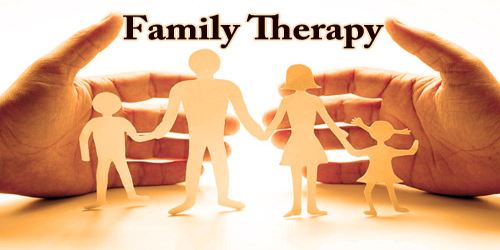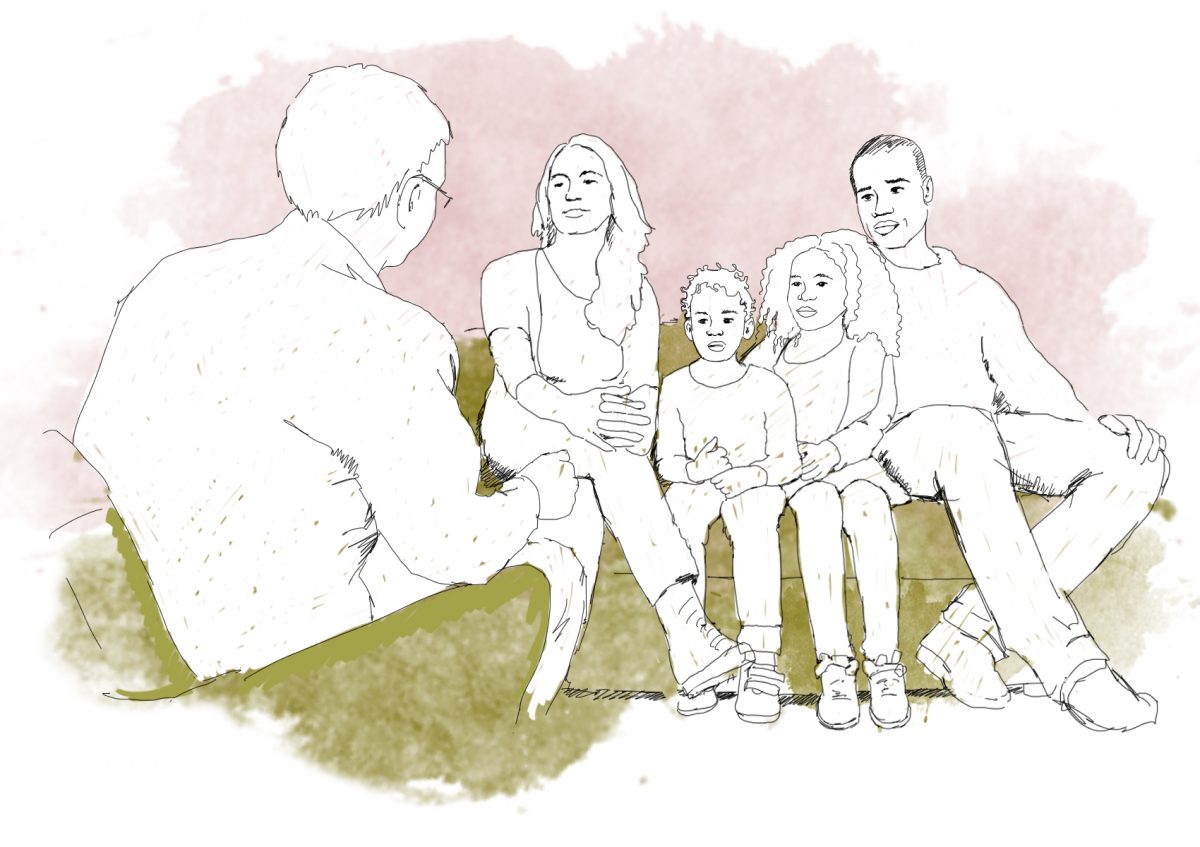Explore effective techniques in family counseling and understand how Al Mithaq Institute’s courses can help you excel in this field.
The Importance of Family Counseling
What is Family Counseling?
Family counseling is a type of psychotherapy that focuses on improving communication and resolving conflicts within a family unit. It is based on the understanding that the family, as a system, affects the emotional and psychological well-being of its members. Family therapy aims to help families better understand one another, improve their relationships, and address any issues that might hinder their functioning.
Why Family Counseling Matters
In today’s world, families face unique challenges—ranging from financial stress to mental health issues, substance abuse, divorce, and generational differences. Family counseling provides a space for members to address these challenges in a supportive, structured environment. It promotes healthy dynamics and helps individuals develop coping strategies to deal with difficult situations.
Family counseling is important for:
- Enhancing Communication – Often, misunderstandings and miscommunications are the root causes of family conflicts. Family counseling encourages open and honest conversations.
- Conflict Resolution – Counseling helps families resolve disputes in a healthy and non-confrontational way, fostering better relationships.
- Emotional Support – A counselor can help family members understand and express their emotions, leading to greater emotional understanding.
- Addressing Behavioral Problems – Counseling helps families understand the root cause of problematic behaviors in children or adults and develops strategies to address them.
- Strengthening Family Bonds – Effective family counseling improves relationships and strengthens the overall bond between family members.
Challenges Addressed in Family Counseling
- Parenting Issues – Struggles between parents or parent-child conflicts can be addressed through family therapy.
- Divorce and Separation – Family counseling helps children and parents cope with the emotional impact of separation or divorce.
- Substance Abuse – Family therapy can help address issues related to substance abuse within the family system.
- Mental Health – Counseling supports families in dealing with mental health conditions, such as depression, anxiety, and eating disorders.
- Conflict Resolution – When family members cannot agree, family counseling can provide strategies to resolve disputes.
Overview of Family Counseling Techniques
Effective family counseling draws from various theories and techniques, each providing unique insights and approaches. These theories help counselors understand the dynamics of family interactions, guiding them to offer the most appropriate interventions. Let’s explore some of the most widely used techniques in family counseling.
1. Structural Family Therapy
Structural Family Therapy (SFT), developed by Salvador Minuchin, focuses on the structure of the family and the roles and boundaries within it. The core idea is that the family operates as a system, and problems arise when the system becomes imbalanced. Through SFT, counselors work to re-establish healthy boundaries and roles to help the family function more effectively.
- Identifies unhealthy patterns of interaction.
- Assists family members in understanding the structure of their family system.
- Helps family members redefine their roles and relationships within the family.
2. Strategic Family Therapy
Strategic Family Therapy, developed by Jay Haley, focuses on solving specific problems within the family. Unlike SFT, which aims to restructure the family system, Strategic Therapy is more focused on changing specific behaviors or resolving certain issues.
- Paradoxical Interventions – The counselor may ask family members to behave in ways that are contrary to their usual behavior in order to break old patterns.
- Reframing – This involves changing the way a family member perceives an issue or behavior to foster understanding and positive change.
3. Narrative Therapy
Narrative Therapy focuses on the stories families tell about themselves and their problems. It’s based on the premise that these stories shape family members’ identities and behaviors. In this approach, counselors encourage families to reframe their stories in a way that fosters healing and growth.
- Recognizes how problems are shaped by the narratives families create.
- Encourages families to rewrite their stories in a way that empowers them and promotes change.
4. Cognitive Behavioral Therapy (CBT) in Family Counseling
Cognitive Behavioral Therapy (CBT) is a widely used technique for addressing mental health issues, and it can also be applied within the context of family counseling. CBT focuses on helping individuals identify and change negative thought patterns that influence their behavior. In a family setting, CBT can help family members better understand how their thoughts impact their relationships and how they can change those patterns.
- Identifying Negative Thoughts – Counselors help family members identify irrational or harmful thoughts that contribute to family conflict.
- Cognitive Restructuring – Family members are taught to challenge and change these negative thoughts to promote healthier interactions.
- Behavioral Interventions – CBT techniques focus on changing behaviors that contribute to family problems.
5. Family Systems Therapy
Family Systems Therapy, pioneered by Murray Bowen, examines the family as an emotional system. This approach focuses on how each family member’s behavior is interconnected with others, and how patterns of behavior can be passed down through generations. In Family Systems Therapy, counselors help family members understand these patterns and work to break negative cycles.
6. Emotionally Focused Therapy (EFT)
Emotionally Focused Therapy, developed by Dr. Sue Johnson, is a short-term therapy aimed at improving emotional attachment and bonding between family members, particularly couples. This technique focuses on identifying and addressing negative patterns of emotional responses in relationships. EFT helps family members:
- Recognize their emotional needs.
- Express their feelings in a healthy and productive way.
- Create more secure and supportive emotional bonds.
7. Play Therapy
For families with young children, Play Therapy can be an effective approach. Play therapy allows children to express their emotions and issues through play, which is often their most natural form of communication. Family counselors use play therapy to:
- Understand children’s emotional states and struggles.
- Help children process their emotions in a safe and controlled environment.
- Facilitate communication between children and their parents.
Why Choose Al Mithaq Institute for Family Counseling Courses?
At Al Mithaq Institute, we offer a Family Counseling Diploma that integrates these advanced techniques and theories with practical skills, preparing you to become a highly effective counselor. Our program is designed to equip you with the knowledge and experience needed to help families navigate their challenges and improve their relationships.
Accredited and Comprehensive Programs
Our family counseling courses are recognized locally and internationally, accredited by KHDA (Knowledge and Human Development Authority) in Dubai, and we are proud partners with Leeds International College in the UK. This ensures that the qualifications you receive are respected and valued worldwide.
Experienced Faculty
Our faculty members bring over a decade of practical experience in the field of family counseling, providing a unique combination of academic knowledge and hands-on expertise. They are committed to providing personalized attention and support to each student, ensuring that you graduate with the skills and confidence to succeed.
Flexible Learning Options
Whether you prefer online or in-person learning, Al Mithaq Institute offers flexible learning options to suit your needs. Our courses are designed for individuals with different schedules, so you can study at your own pace without compromising on quality.
Supportive Learning Environment
Our approach focuses on the success of each student. With access to high-quality resources, personalized mentoring, and interactive learning, you’ll feel supported throughout your learning journey.







